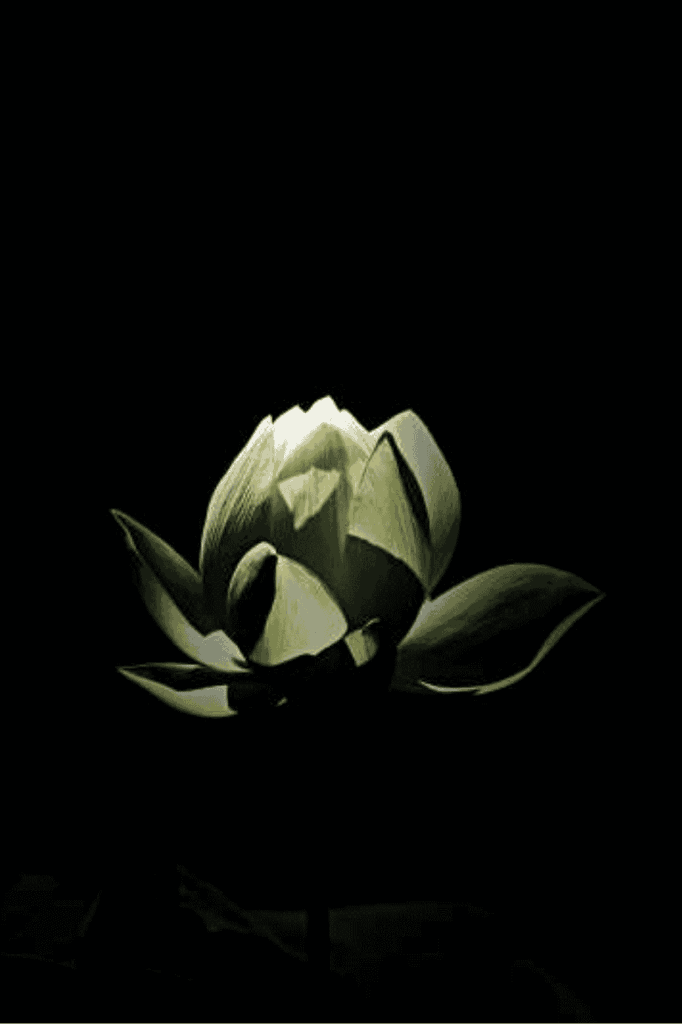Embrace these time-tested practices to experience the true benefits of Ayurveda—greater balance, resilience, and lasting well-being.
Ayurveda and Stress Management
Astrology
Ayurveda
Lifestyle
Published:
Author: Astrology & Ayurveda
-

Stress shows up differently for each of us—some feel it in their digestion, others in their sleep, mood, or energy levels. Astrology and Ayurveda offer a powerful lens to understand why.
By looking at your planetary placements and Ayurvedic dosha type, you gain insight into your natural tendencies—what throws you off balance, what helps you reset, and how your body and mind respond to pressure. Whether it’s a fiery Mars amplifying irritability or a Vata imbalance triggering restlessness, these ancient systems help you recognize your unique stress patterns and guide you toward practical, personalized ways to restore calm and resilience.
By understanding Dosha- your unique mind-body type and the celestial energies influencing your life, you can create a personalized stress management plan that aligns with your natural rhythms.
Ayurveda reveals that each person is born with a distinctive combination of the three doshas: Vata, Pitta, and Kapha. These doshas shape your physical, emotional, and mental traits, influencing how you experience and manage stress.
Each dosha has a distinct emotional profile and responds differently to stressors.
- Vata (Air and Ether): If Vata predominates in your constitution, you might find yourself prone to anxiety, restlessness, and insomnia. Stress can make Vata types feel scattered and overwhelmed. Grounding practices, such as gentle yoga and calming herbal teas, can help restore balance and tranquility.
- Pitta (Fire and Water): Those with a Pitta constitution may experience stress as anger, irritability, and impatience. The fiery nature of Pitta can lead to heightened competitiveness and frustration. Cooling activities, like meditation and staying hydrated with soothing herbal infusions, can help manage Pitta’s intense energies.
- Kapha (Earth and Water): Kapha types might struggle with lethargy, depression, and attachment. Stress can manifest as a sense of heaviness and stagnation. Engaging in invigorating exercise and incorporating stimulating foods, like ginger and turmeric, can help energize and uplift Kapha.
-
Astro Insights for Stress Management
Astrology offers insight into how planetary energies influence both your circumstances and emotional responses. Your birth chart reveals potential pain points and periods of heightened stress that can impact your overall well-being. Major transits and Mahadashas activate these planetary influences, and the effects vary depending on your unique placements.
- Moon: Reflecting emotional states and the mind, the Moon’s afflictions and major transits can profoundly impact your mood and mental clarity.
- Mercury: As the regulator of the nervous system, Mercury’s placement is crucial for stress responses. Conscious communication is an essential component of stress management.
- Saturn: Saturn’s influence often brings pressures and challenges that, while stressful, foster growth and resilience. The Sade-Sati period is known to be one of the most stressful times.
- Mars: Governing energy and assertiveness, Mars can stir conflict and tension when its energies are misaligned.
- 4th House: This house represents comfort, emotional resilience, and inner balance.
- 6th House: Focuses on health, daily routines, and service. Stress in this house often arises from work-related pressures, health issues, or feeling overwhelmed by daily responsibilities. Additionally, if this house is afflicted, it can indicate issues stemming from poor routines or addictions.
- 8th House: Connected with transformation, life transitions, and the subconscious. Stress here may arise from significant life changes, financial concerns, or deep-seated fears and anxieties.
Guna Qualities and the Energies That Contribute to Stress
The three gunas—Sattva, Rajas, and Tamas—each represent different qualities of consciousness. Sattva embodied purity and wisdom, fostering harmony and spiritual growth. Rajas qualities drive action, ambition, and desire. Tamasic energies bring detachment, inertia, and stagnation.
- Sattva embodies purity, wisdom, and harmony. When Sattva is predominant, your mind remains calm, clear, and focused. Those with a predominance of Sattva navigate stress with grace, maintaining a peaceful and balanced outlook. Practices that enhance Sattva include meditation, a holistic diet, and engaging in activities that promote mental and spiritual clarity.
- Rajas is characterized by activity, passion, and dynamism. It drives ambition and desire but can lead to restlessness and agitation when excessive. A predominance of Rajas can heighten stress levels. To balance Rajas, incorporate calming practices like mindfulness, gentle exercise, and a diet that avoids overly stimulating or overly processed foods.
- Tamas represents stability, but also inertia and darkness. While necessary for grounding and rest, excessive Tamas can lead to lethargy, confusion, and lack of motivation. To counteract Tamas, engage in invigorating activities, ensure exposure to sunlight, and maintain a diet rich in fresh foods.
Balance of the three gunas is essential for maintaining mental harmony and a vibrant energetic profile.
-

Ayurvedic Tips for Stress Management
Vata Imbalance
- Grounding Practices: Engage in grounding activities such as yoga, meditation, and spending time in nature to stabilize the mind and body.
- Warmth and Routine: Create a warm, comforting environment and adhere to a consistent daily routine to alleviate anxiety and promote balance.
- Herbal Remedies: Incorporate herbs like Ashwagandha and Brahmi into your regimen to soothe the nervous system and support mental clarity.
Pitta Imbalance
- Cooling Techniques: Practice cooling breath exercises and stay hydrated with herbal teas such as mint, fennel, and lemongrass to counteract Pitta’s fiery nature.
- Mindful Breaks: Take regular breaks to prevent burnout. Engage in calming activities like swimming or walking in nature to maintain your emotional equilibrium.
- Herbal Remedies: Utilize soothing herbs like Shatavari and Guduchi to balance Pitta’s intense energy and reduce stress.
Kapha Imbalance
- Energizing Activities: Participate in invigorating exercises like brisk walking or dancing to counteract feelings of lethargy and enhance vitality.
- Stimulation and Variety: Introduce variety into your routine and explore new activities to prevent stagnation and keep your energy levels high.
- Herbal Remedies: Use stimulating herbs like Ginger and Turmeric to boost energy and metabolism, supporting overall well-being.
Cosmic Rhythm
- Lunar Phases: Observe the Moon’s phases, as full moons can heighten emotions. Use this time for practices such as meditation and journaling to release stress and restore emotional balance.
- Planetary Transits: Stay mindful of significant planetary transits. Understanding your birth chart helps you handle major planetary transits more effectively, enabling you to adapt and align with these cosmic influences for enhanced personal growth and resilience.
- Daily Rituals (Dinacharya): Incorporate daily routine to support mind-body balance. From morning exercise to rainbow meals, breathing techniques and sleep routine , Dinacharya is the key element in restoring our vitality and balance.
- Personalized Remedies: Customize stress management strategies to address specific planetary challenges in your chart. For example, if Saturn is poorly placed, incorporate practices such as taking long walks, fasting on Saturdays, and making charitable donations to those in need to alleviate its adverse effects.
- Seasonal Changes: Adapt your practices to align with the changing seasons to maintain balance and harmony. Seasons represent more than just shifts in weather; they influence your physical and mental state. Adjust your diet, exercise, and self-care routines to reflect these seasonal changes, supporting overall well-being and aligning with nature’s rhythms.
Integrating insights from Astrology and Ayurveda provides a holistic approach to wellness and stress management, customized to your unique dosha and planetary influences.



